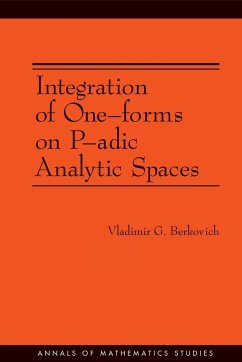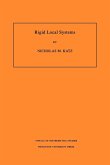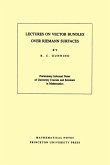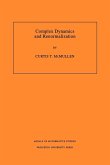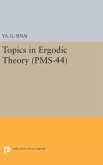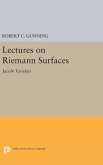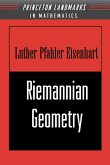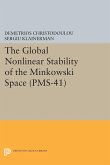Among the many differences between classical and p-adic objects, those related to differential equations occupy a special place. For example, a closed p-adic analytic one-form defined on a simply-connected domain does not necessarily have a primitive in the class of analytic functions. In the early 1980s, Robert Coleman discovered a way to construct primitives of analytic one-forms on certain smooth p-adic analytic curves in a bigger class of functions. Since then, there have been several attempts to generalize his ideas to smooth p-adic analytic spaces of higher dimension, but the spaces considered were invariably associated with algebraic varieties. This book aims to show that every smooth p-adic analytic space is provided with a sheaf of functions that includes all analytic ones and satisfies a uniqueness property. It also contains local primitives of all closed one-forms with coefficients in the sheaf that, in the case considered by Coleman, coincide with those he constructed. In consequence, one constructs a parallel transport of local solutions of a unipotent differential equation and an integral of a closed one-form along a path so that both depend nontrivially on the homotopy class of the path. Both the author's previous results on geometric properties of smooth p-adic analytic spaces and the theory of isocrystals are further developed in this book, which is aimed at graduate students and mathematicians working in the areas of non-Archimedean analytic geometry, number theory, and algebraic geometry.
Bitte wählen Sie Ihr Anliegen aus.
Rechnungen
Retourenschein anfordern
Bestellstatus
Storno

